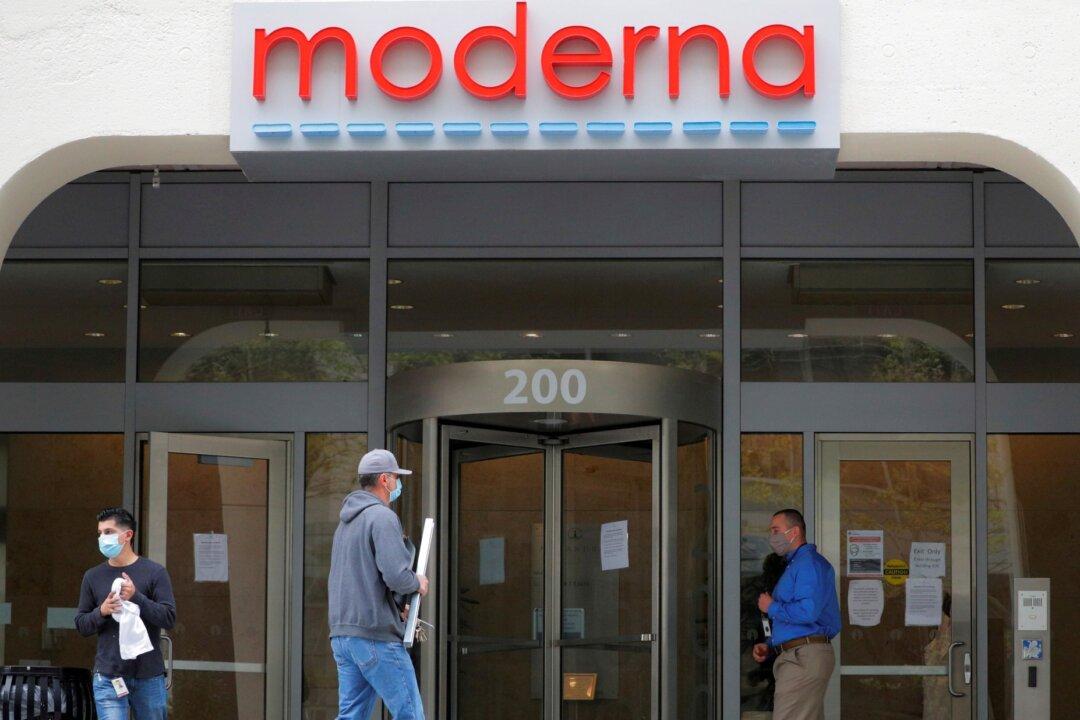Moderna CEO Stéphane Bancel said on Sept. 30 that the U.S. biotech firm’s CCP virus vaccine most likely won’t be ready for widespread public distribution until spring 2021.
The Massachusetts-based company also won’t be ready to apply for emergency authorization for its potential vaccine until Nov. 25 at the earliest, Bancel told the Financial Times.





